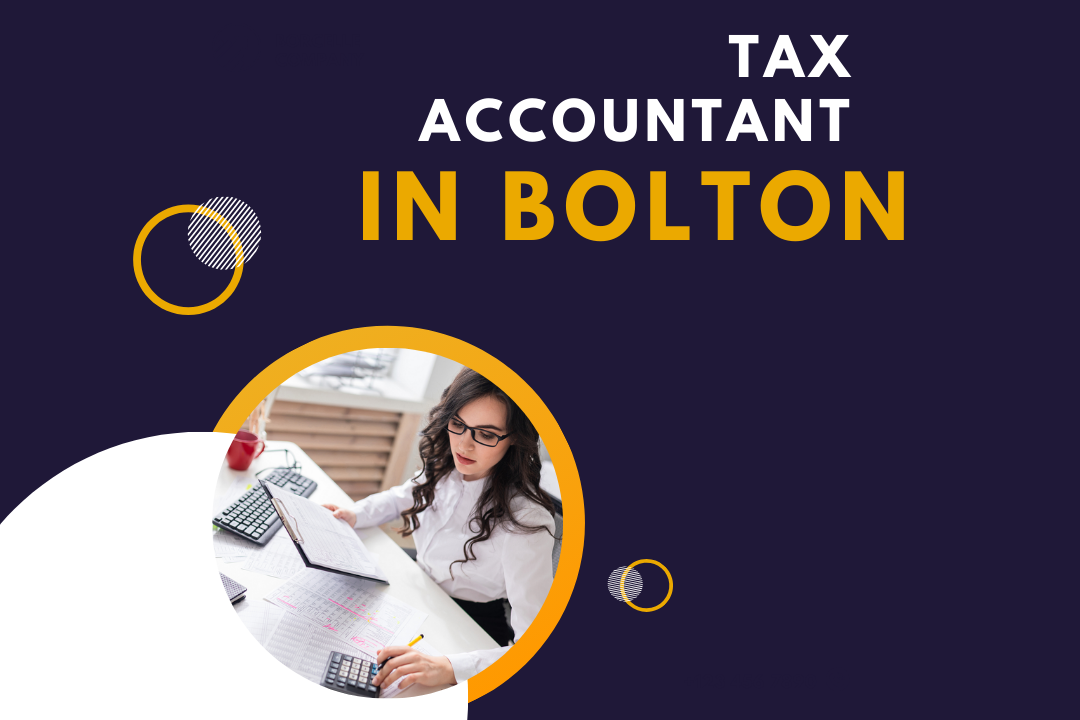Introduction
Choosing the right tax accounting firm for your business in Bolton is crucial. It’s not just about crunching numbers; it’s about finding a trusted partner who can navigate the complexities of tax laws and help your business grow. Let’s dive into the key considerations that will guide you to the perfect match.
Understanding Your Business Needs
First things first: what does your business need? Assessing your business size and structure is essential. Are you a small startup or a well-established company? The complexity of your operations will dictate the level of expertise required. Identify the specific tax services you need—be it tax preparation, tax planning, compliance, or advisory services.
Types of Tax Accounting Firms
In Bolton, you’ll find a variety of tax accounting firms. Should you go local or national? Local firms might offer a more personalized touch and better understanding of regional laws, while national firms can bring a broader range of services and resources. Also, decide between specialized firms that focus on your industry or generalists who handle a wide array of sectors.
Qualifications to Look For
Professional credentials are a must. Look for firms with certified public accountants (CPAs) or chartered accountants (CAs). Their qualifications ensure they have met rigorous standards. Additionally, consider their experience in your industry. A firm with relevant experience can provide more tailored and insightful advice.
Reputation and Reviews
Reputation matters. Check client testimonials and online reviews. Platforms like Google, Yelp, and industry-specific forums can provide valuable insights. Don’t just look at the star ratings; read the reviews to understand the pros and cons as highlighted by other clients.
Services Offered
A good tax accounting firm in Bolton should offer a comprehensive range of services. Beyond basic tax preparation, look for firms that provide tax planning, compliance, advisory services, and even bookkeeping. Additional financial services like auditing and payroll management can be a bonus.
Technology and Software Use
Modern accounting is increasingly reliant on technology. Ensure the firm uses up-to-date accounting software that is compatible with your systems. This can streamline processes, improve accuracy, and facilitate better communication.
Fees and Pricing Structure
Understanding the firm’s pricing structure is critical. Some firms charge by the hour, while others offer fixed rates. Compare these costs with the value they provide. Remember, the cheapest option isn’t always the best. Look for transparency in their pricing and avoid any hidden fees.
Communication and Responsiveness
Effective communication is key. The firm should be able to explain complex tax issues in simple terms and keep you informed about your financial status. Evaluate their responsiveness during your initial interactions. Prompt replies and proactive communication are signs of a reliable partner.
Accessibility and Location
While the digital age allows for remote services, there are advantages to choosing a local firm. Face-to-face meetings can build stronger relationships and ensure better understanding. However, if remote services are more convenient for you, ensure the firm is adept at managing remote client relationships.
Initial Consultation
The first meeting with a potential tax accounting firm is crucial. This is your opportunity to gauge their expertise and fit for your business. Prepare questions about their experience, services, pricing, and how they can specifically help your business. Assess their answers critically.
Evaluating Customer Service
Excellent customer service is a hallmark of a good tax accounting firm. Look for indicators like personalized attention, willingness to go the extra mile, and how they handle queries and concerns. Good customer service fosters trust and long-term relationships.
Ethics and Trustworthiness
Ensure the firm adheres to ethical standards. Check if they have any disciplinary actions or complaints against them. This information can usually be found through professional bodies or regulatory agencies. A trustworthy firm is transparent about their practices and reputation.
Making the Final Decision
After thorough research, it’s time to make your decision. Summarize the pros and cons of each firm you’ve considered. Trust your instincts—choose a firm that feels right for your business needs and with whom you feel comfortable working.
Conclusion
Choosing the right tax accounting firm in Bolton for your business doesn’t have to be overwhelming. By understanding your needs, evaluating qualifications, reputation, services, and communication, you can find a firm that will be a valuable partner in your business journey. Take your time, do your research, and make an informed choice that will support your business’s growth and compliance.
FAQs
1. What should I ask during the initial consultation with a tax accounting firm?
Ask about their experience with businesses similar to yours, the range of services they offer, their pricing structure, and how they communicate with clients. It’s also important to understand how they handle compliance and any potential audits.
2. How can I verify the credentials of a tax accounting firm?
You can verify credentials through professional bodies such as the Association of Chartered Certified Accountants (ACCA) or the Chartered Institute of Management Accountants (CIMA). Also, check for any certifications or qualifications listed on their website.
3. Is it better to choose a local or a national tax accounting firm?
It depends on your business needs. Local firms may offer more personalized services and better knowledge of regional tax laws, while national firms can provide a broader range of services and resources.
4. How important are online reviews when choosing a tax accounting firm?
Online reviews are very important as they provide insights into the firm’s reliability, quality of service, and client satisfaction. Look for patterns in reviews to get a clearer picture of the firm’s strengths and weaknesses.
5. What if my business needs to change after hiring a tax accounting firm?
A good tax accounting firm should be adaptable and able to scale their services according to your changing needs. Discuss potential future needs during the initial consultation to ensure they can accommodate growth or changes in your business.

